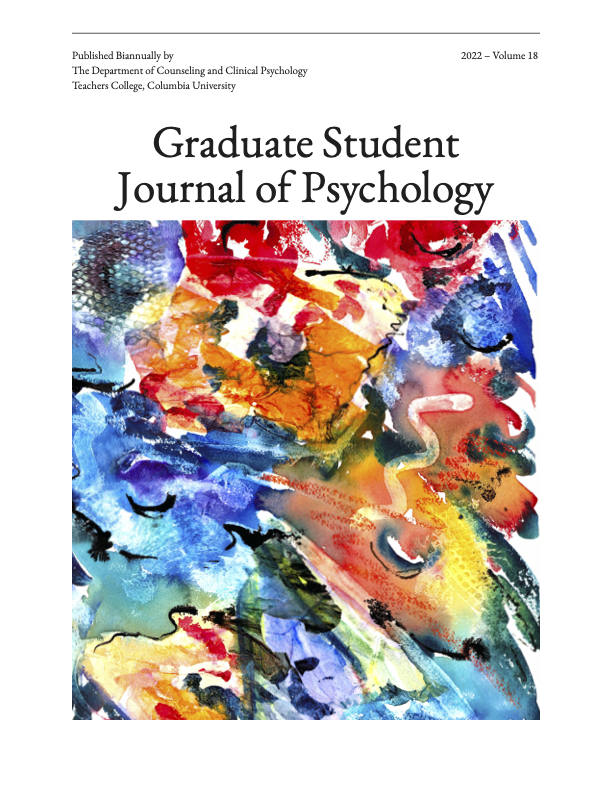Effects of Child and Parent Race on Reported Externalizing and Internalizing Symptoms: Findings from the PACCT Study
Main Article Content
Abstract
A substantial body of research has demonstrated that Black children are more likely to be diagnosed with Disruptive Behavior Disorders (DBD) compared with non-Hispanic white children and less likely to be diagnosed with affective disorders. Several explanations for this phenomenon have been explored in the literature, including the effects of stereotypes, clinician bias, and measurement bias. There is also evidence to suggest that Black and non-Hispanic white caregivers may report symptoms differently and have different thresholds for determining a behaviour as problematic. The current study aimed to assess whether caregiver race impacted the level of parent-reported externalizing and internalizing symptoms for Black and non-Black children in a sample of 324 children and adolescents with same and different-raced parents recruited from an ongoing longitudinal study of early childhood adversity. Results indicate that non-Black caregivers reported significantly higher rates of internalizing symptoms in non-Black children. However, there were no significant differences in the reported rate of internalizing or externalizing symptoms in Black children, regardless of reporter race. There were also no significant differences between Black and non-Black children in terms of symptoms overall. These results suggest that there may be meaningful differences in the manner in which Black and non-Black caregivers report externalizing and internalizing symptoms. These findings are a preliminary analysis and future research should further investigate the role of caregiver race in the determination of childhood diagnoses for Black and non-Black children.
Article Details
Section
Articles

This work is licensed under a Creative Commons Attribution-NonCommercial 4.0 International License.
How to Cite
Mattuck, S. (2022). Effects of Child and Parent Race on Reported Externalizing and Internalizing Symptoms: Findings from the PACCT Study. Graduate Student Journal of Psychology, 18. https://doi.org/10.52214/gsjp.v18i.10931

